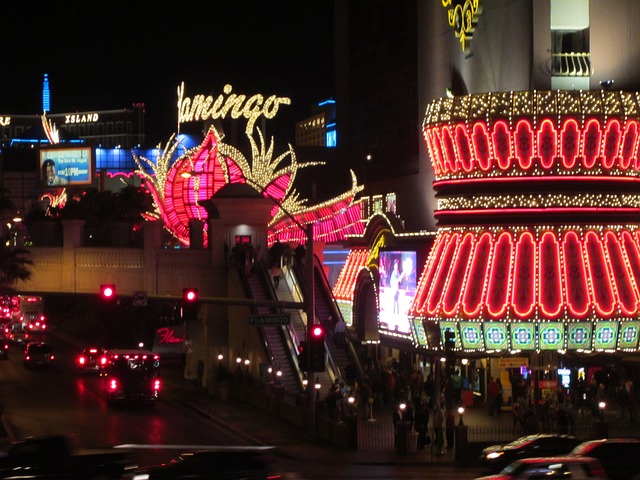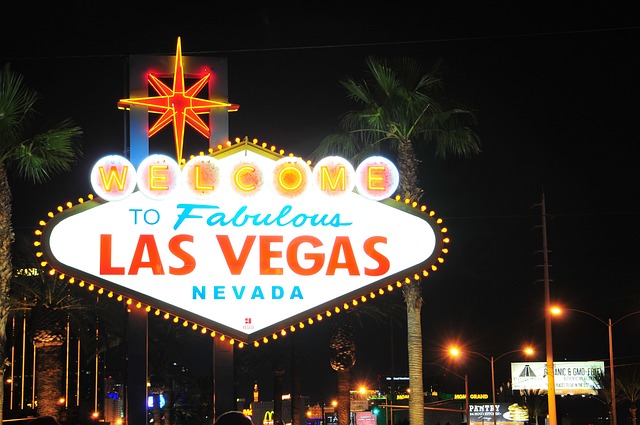The world of casinos is characterized by thrills, glitz and glamour and has undergone a remarkable evolution over the centuries. From the simple game of dice in ancient times to the rapid expansion of modern online casinos, the history of the gambling industry shows how it has adapted to people’s needs and preferences. It is a fascinating story that tells of the transformation from sitting circles in ancient times to impressive online platforms like the new Hellspin Casino on the web.
The early beginnings

The origins of gambling date back to ancient times and are closely linked to human culture and society. Historical findings prove that the first forms of gambling existed in various civilizations over 4,000 years ago. In China, for example, early versions of dice and card games were played, while dice games and other forms of gambling were also widespread in Mesopotamia and Egypt.
In Europe, it was the Romans who were known for their fondness for games of chance, especially dice. Roman soldiers and citizens often spent their free time playing games of chance, wagering money or personal items in dice games. Roman mythology even included gods who represented luck and fate, and it was not uncommon for people to try their luck at gambling before important decisions or events.
The origin of casinos
The word “casino” comes from the Italian and literally means “small house”. In the 17th century, the first public gambling houses were built in Italy, where people came together to play various games. The most famous of these gambling houses was the Casino di Venezia, which opened in 1638 and still exists today.
The casino concept spread throughout Europe and the first casinos were opened in France in the 18th century. The Palais Royal in Paris was a well-known meeting place for gamblers, and other casinos soon sprang up in spa towns such as Baden-Baden and Spa. In the 19th century, the casino concept finally reached the United States, where gambling initially took place mainly in saloons.
The emergence of Las Vegas

Gambling was largely banned in the USA in the early 20th century, but this changed in the 1930s when the state of Nevada legalized gambling. This decision led to the creation of Las Vegas, which quickly became the world’s most famous casino city. The first gambling license was awarded to the Northern Club in 1931, and soon numerous casinos and hotels sprang up along the famous Las Vegas Strip.
In the following decades, the casino industry experienced rapid expansion. In Europe, the Casino de Monte Carlo and the Casino Baden-Baden opened their doors, while in the USA more states legalized gambling. The casino industry also began to spread to other parts of the world, for example to Asia, where Macau is now known as the “Las Vegas of the East”.
